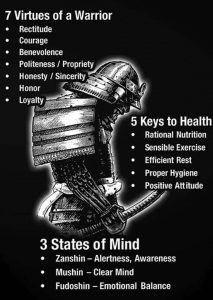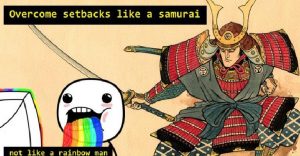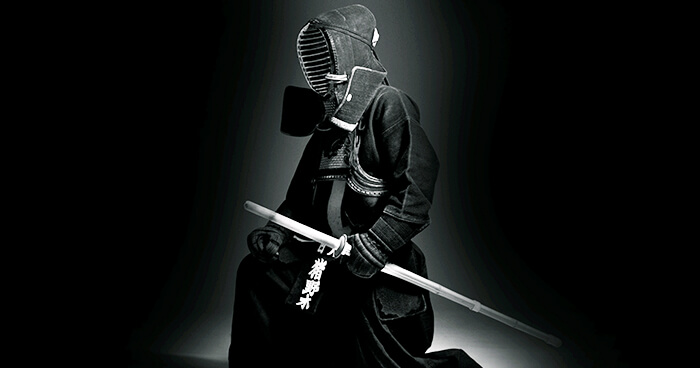Understanding The Ethos Of A Samurai Warrior
Let’s get one thing clear. The number of seats at the IAS table is tiny. Think of them as big as a thumbnail. The number of civil service aspirants is taking the UPSC conducted exam is massive. Think of them as the entire hand. Only a few are going to fit in the thumbnail; the rest of them will have to try again next year.
In this post, our goal is to give all IAS aspirants a new way of thinking. A code that will help you move away from the constant jostling of success and failure. An ethos that will help you take a step back and think when the first attempt at the IAS exam doesn’t turn out to be successful.
 Hagakure, or what most of us recognise as the Book of the Samurai, by Yamamoto Tsunetomo, states that “the way of the samurai, is found in death.” The book written by a Samurai who later turned into a monk, it is a well-accepted treatise that explains Bushido or the Samurai Code. What does ‘the way of the samurai is found in death’ mean?
Hagakure, or what most of us recognise as the Book of the Samurai, by Yamamoto Tsunetomo, states that “the way of the samurai, is found in death.” The book written by a Samurai who later turned into a monk, it is a well-accepted treatise that explains Bushido or the Samurai Code. What does ‘the way of the samurai is found in death’ mean?
It implies that every young warrior who aims to become a samurai should accept that death will come to them at some point on the battlefield. No matter how well they train or how earnest their effort is, death is inevitable. And regardless of accepting that fact, the warrior still prepares as hard as possible for them.
How To Turn The Samurai Way For IAS Aspirants?
Just like a samurai warrior accepts that death will come on the battlefield and yet continues to train hard, every IAS aspirant should do the same. No matter the outcome, let yourself be. Let’s use an example to understand better how the warrior way can help while preparing for civil services. Check Out – the motivation tips for IAS aspirants.
Most IAS aspirants fall into one of the three categories:
1. The paper went really well. I complete it all and with correct answers.
2. I have no idea where the time went and couldn’t even attempt all questions.
3. What nonsense question paper that was, I wrote some random answers.
For those who fall into category two and three, the path is clear. You did not give your 100% to the paper. Judge your weak spots, find ways to strengthen them, and then attempt the test again next year and get a better score. If you fail in the first attempt, it is understandable but be a samurai and train harder.
For the person who falls in the first category, who did everything right to get the highest score possible and still failed, have heard. One failure doesn’t spell endgame. You might have cracked the GS paper. You might have given it all to the ethics paper, yet you did not qualify for the interview.
The sense of betrayal at this stage is justified, but it is not the end of the journey. Yes, it is a disappoint, mainly because chances are you gave up something very lucrative to sit for the exam.

How Do You Move Beyond The Sense of Betrayal And Depression
For some, it may be a top choice of MBA college, and for some, it may be a high-paying job, and there will be others who did it to fulfil a promise made to parents. The anger of not clearing either the mains or the interview round while other less likely candidates did is justified.
As the samurai does, you accept that failure was a possibility and then continue to train. Do not put an artificial smile and accept platitudes. Be with people who have been in the same situation and understand your pain.
As the Best IAS Academy in Chennai, we know that preparing for the UPSC test is a marathon. You need time and patience and sometimes a second chance to sail through the finish line.





